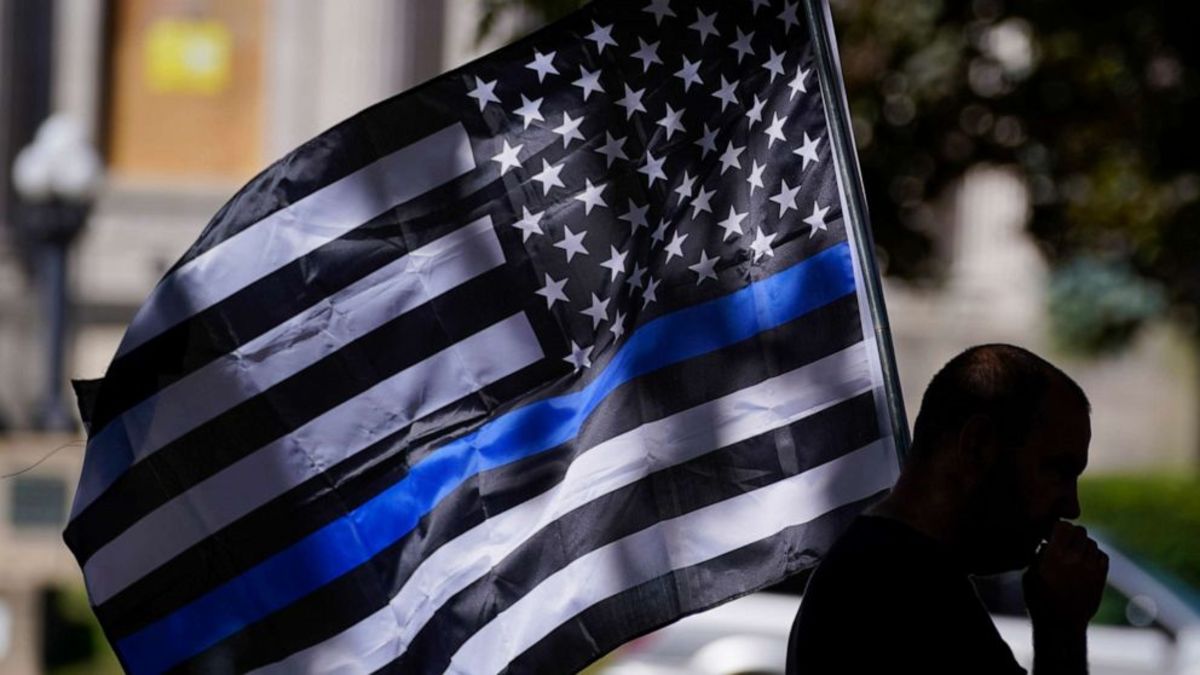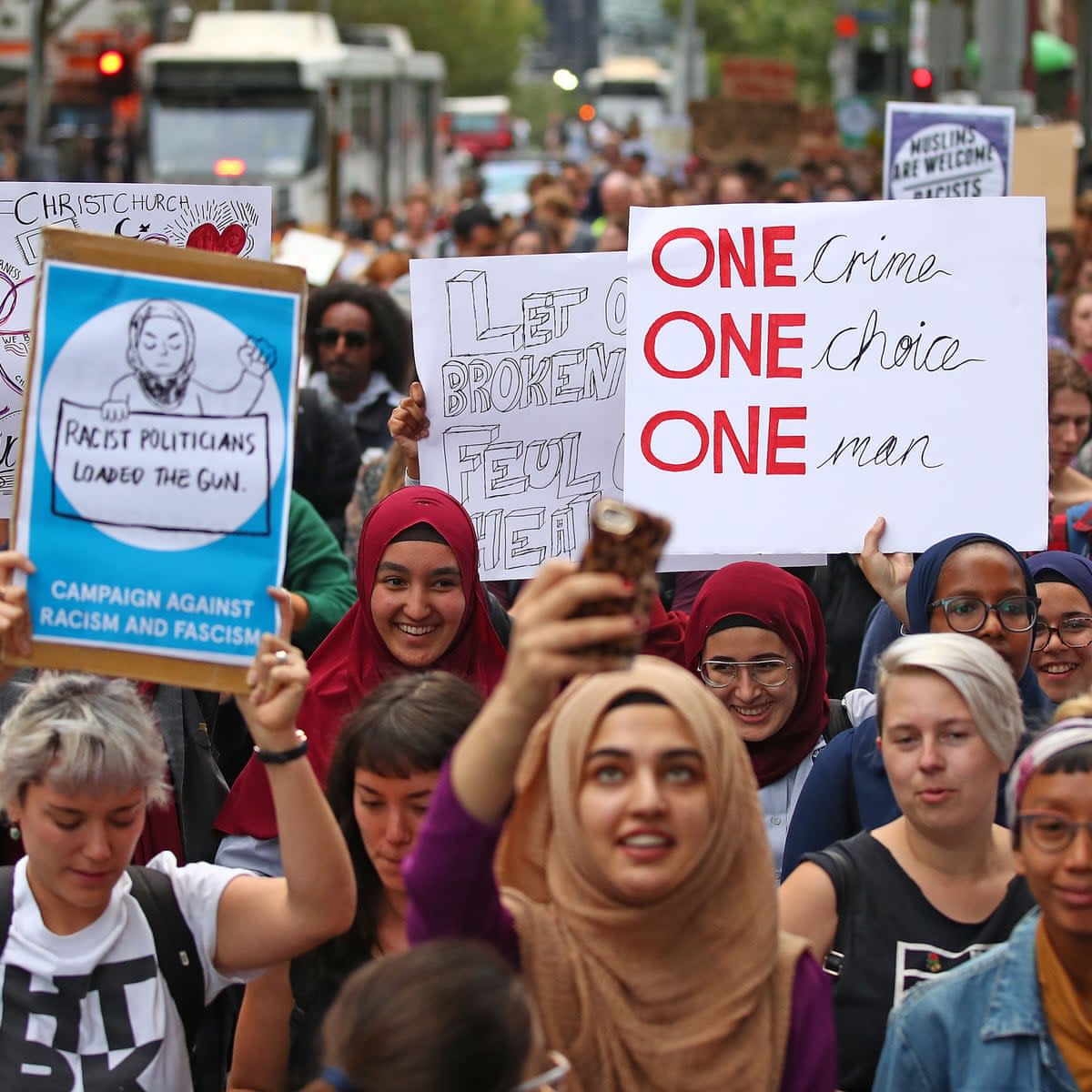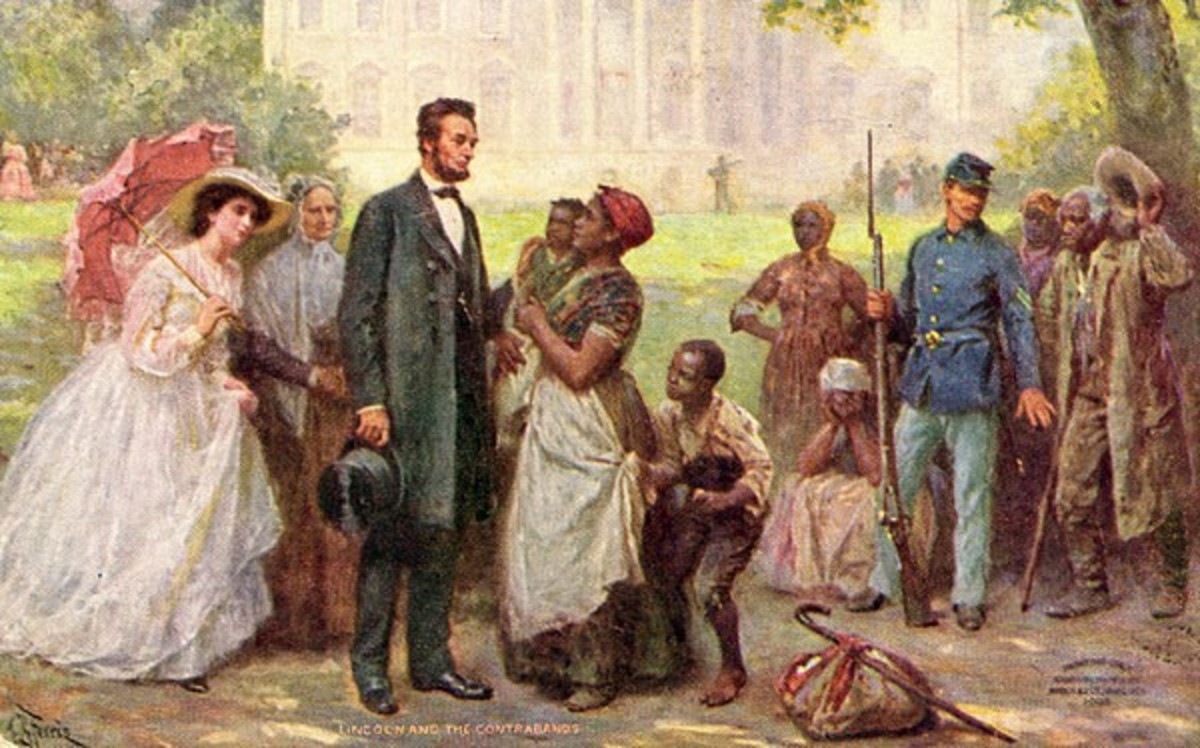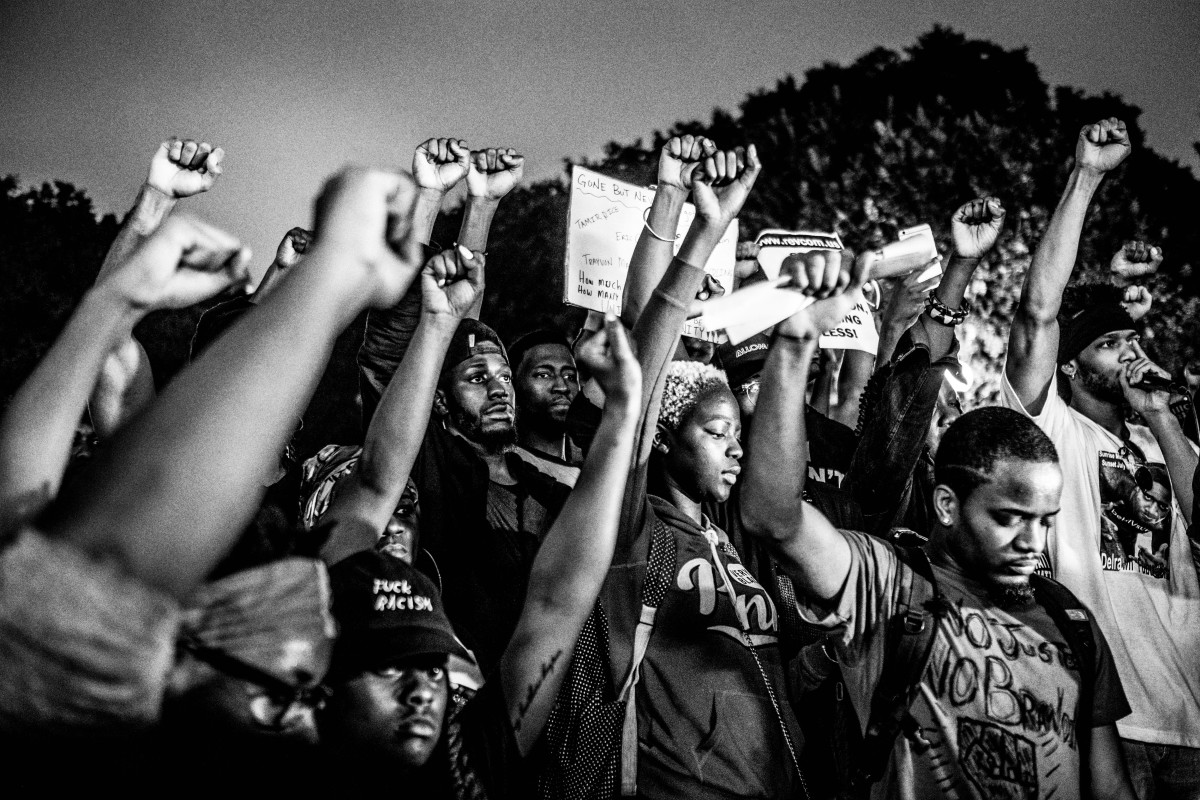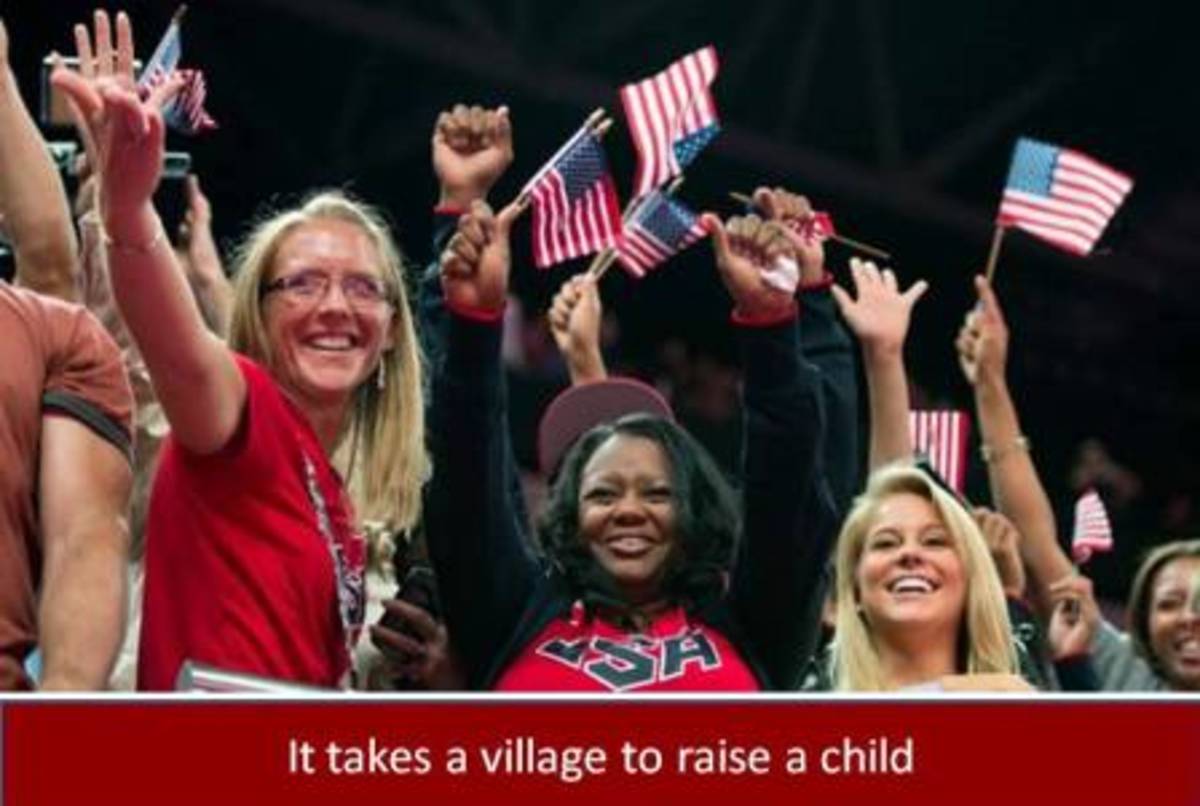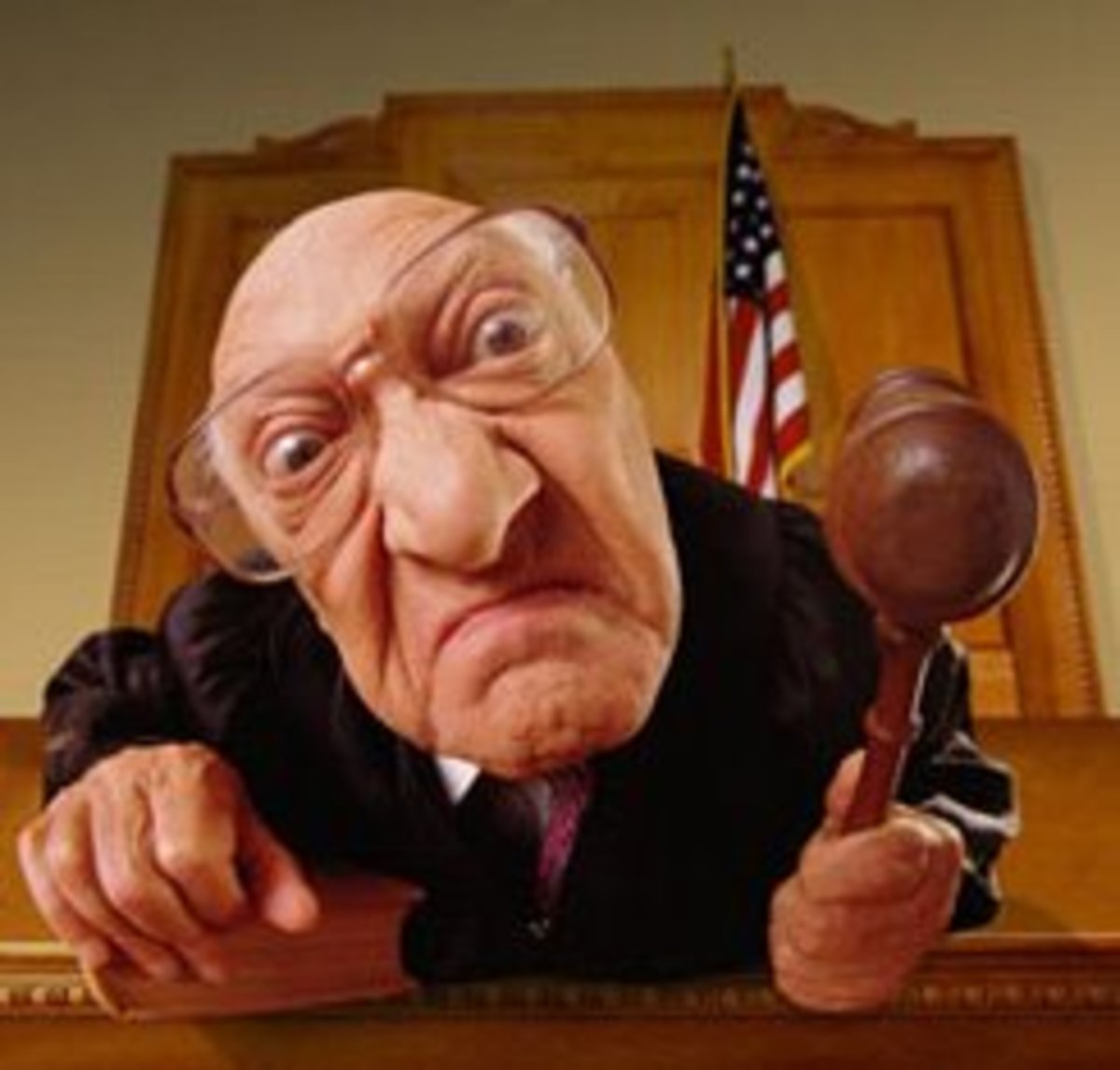A World Without Police
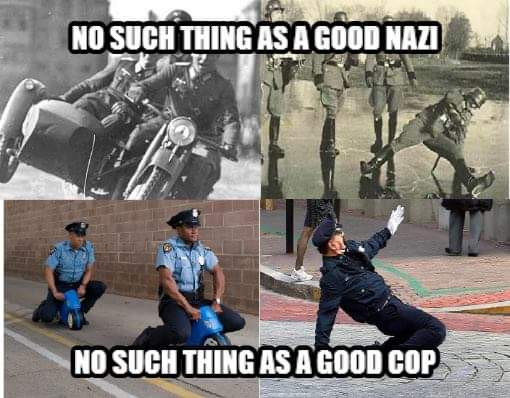
Do We Really Need Police
Most people take police as a given; as a social necessity and inevitability. It seems from birth the general population is assaulted with an onslaught of propaganda from school, media, music, mentors and even each other that is designed to condition us with the idea that police are on our side. That they are the good guys. That they look out for us. That they are public servants here to protect and serve society to keep it safe. However, this mentality is in direct contradiction to both the historical establishment and development of police, as well as the economic and legal framework that dictates police operation. In 2005, the Supreme Court ruled that police are under no legal obligation to serve and protect. Therefor, the intent of this article is to offer some perspective and challenge that collective mentality. Undoubtedly, many will consider this perspective to be radical. Some may even find it ludicrous. However, as the venerable Angela Davis is quoted to say “radical just means grasping at the root of a problem.”. If the reader is able to at least tentatively disassociate themselves from their preconceived notions of police and the role they play in society, one may be able to understand that there are not only viable alternatives to the contemporary social arrangement but, indeed, more civil and humane alternatives.
There are a number of different entry points from which the topic of police and the institution thereof could be approached. This article will explore one of the more prevalent – that of institutional racism - and it's relation to police. This entry point will examine how police buttress racism in society and perpetuate white dominance (supremacy). This specific perspective will draw a multitude of parallels between contemporary Amerikan police and brutal institutions including that of chattel slavery and culminating in the logical conclusion of just how barbaric and anachronistic police really are as well as proving that the problem extends far beyond the “bad apple” theory. However, before we proceed, it will be necessary to include a brief history on the origins of police for context
A Brief Historical Overview of Police
The United States is essentially divided into the north and the south by the Mason-Dixon line. Although the model of police that the US follows is modeled by the “Peelers” who were the first police force in England to take it's modern shape in 1829, the police in the US come from one of two places. North of the Mason-Dixon line, police originated as protectors for the bourgeoisie against the workers. Their job was to use violence and intimidation to prevent factory, mill, dock, and other employees from organizing to fight for better working conditions. Things like the 40 hour work week, the minimum wage, child labor laws, and unions were fought for amid a tumultuous environment of extremely violent repression by the state who employed police to protect the interests – i.e. the profits - of the capitalists. South of the Mason-Dixon line, police originate from the slave catchers. The police are directly descended from the men who would ride around the plantations on horses, carrying guns, wearing badges that read “slave patrol” and who captured run-away slaves. It is with this history that it becomes blatantly obvious just why the institution of police was created. In both the north and the south, the police were designed and implemented with the sole purpose of protecting the interests – that is, the profits – of those who were in power because, after all, profits were the source of their power. In order to maintain this power differential the police were afforded a monopoly on authority and violence in order to prevent the dissent of everyone else who suffered from this power differential. The more the working class and the slaves suffered at the hands of the ruling class, the more upset they would become. The more upset the working class and the slaves would become, the more violently police would respond.
Racism and Police
It's no secret that institutional racism permeates every aspect of society. From the school curriculum to economics, institutional racism is a major obstacle and threat for those who are on the receiving end of it. We've all heard the happy ending fairy tale about the 13th amendment and the so-called abolition of slavery. However, a closer investigation as to the wording of this document along with further consideration as to the state of affairs in modern day social and political arenas pose a strong challenge to this claim that slavery actually ended. The 13th amendment explicitly states that “... slavery shall not exist except as punishment for a crime...” If we fast forward to 2018, we see that not only does Amerika have more people in prison than any other country in the world but, we also see that over 60% of inmates are Black people, yet they only make up about 14% of Amerika's whole population. That's not even counting Latino, Asian, and Native people. In fact, there are more black men in prison today than were enslaved in 1856 and black women are the fastest growing demographic for incarceration. In virtually every case, the prisoner comes from a working class background. This seems like a lot more than a coincidence, especially considering that in 2014 the private prison industry alone recorded profits of $629 million. Wait, $629 million made from the free forced labor of black, brown and poor people...? Why that sounds like slavery! And, since every person who is serving time behind bars was captured by police, it hardly sounds like much has changed since 1865, except now they ride around in cars instead of on horses. As previously stated, in 2005, the Supreme Court ruled that police are under no legal obligation to serve and protect. The only job of police is to enforce the laws. It would be interesting to note here that the Gestapo – Hitler's secret police in Nazi Germany who were charged with controlling the German populace – had a very similar job description. Apparently, these laws are much more sanguinary than we're lead to believe because in Amerika, a black person is killed by police every 21 hours. They can't even wait a full day before getting back out there to ethnically cleanse the streets. In 2012, Amerikans were 8 times more likely to be killed by a cop than a terrorist (I personally don't see the difference between the two). However, in 2015, those odds skyrocketed to 55 times more likely!!! Between 2010 and 2012, about 1.5 per 1 million white males age 15 – 19 were killed by police. In the same time frame and age bracket, over 31 per 1 million black males were killed by police. As if those numbers didn't paint a gruesome enough picture, the overall population demographic make up illustrates an even more vivid picture of institutionalized racism when we consider that there are only about 42 million black people in the U.S. contrasted by over 200 million white people in the U.S. Still, that's just scratching the surface of institutionalized racism, however, it becomes axiomatic that the role of police in the black community has never been what we were told it was. In fact, all we have to do test it against reason. Every neighborhood in Amerika that has the highest crime rate will invariably be a Black community created by racist economic practices that rob and deprive these communities of resources. These communities will also concurrently be the most saturated with police presence. If police were at all effective or necessary, shouldn't these neighborhoods have the lowest crime rates?
What you need to know
When we call police on each other we encourage a dependence on our own oppression. How asinine of a concept is that? Not only comfortability, but dependence on our own oppression. What our communities need is a full disbandment of the police forces. In Sharpstown, TX the entire police force was fired and crime actually dropped 61%. In response to the Black Lives Matter movement in New York after the Eric Garner case, NYPD stopped “policing”. Consequently, charges for crime plummeted by 92%! In place of police, we need organized communities with everyone's full involvement. This is known as Community Self Defense. Community Self Defense promotes unity within our neighborhoods. Things like mutual aid - a concept founded on the principle of I help you, you help me – restorative justice models, and solidarity networks drastically decrease and eventually eliminate our dependence on police. In turn, this will reduce the demand for police that is artificially inflated by their own existence, as well as reduce the mass incarceration that plagues our country and build a naturally close knit, organized community. There are a few things that we as responsible community members must bear in mind when organizing for community self defense. First, we – along with everyone in the community - must familiarize ourselves with our rights under the law and especially those relating to interactions with police. For instance, as a citizen you have the right to refuse wrongful arrest up to and including taking the life of the officer if necessary. Wrongful arrest is synonymous with kidnapping and self-defense against it is perfectly permissible. However, wrongful arrest is also hard to prove, so be careful. Furthermore, we must consider that police are trained to give orders, not make requests. But, just because they give orders doesn't mean we don't have the right to refuse said orders. Lastly, it is imperative to realize why the police are so intimidating and able to garner so much authority. Police are able to consolidate immediate authority and power because they are so organized. However, we as a community could be just as organized, and since there are more of us than there are of them, would have the upper hand.
Now obviously we cannot talk about eliminating police without also discussing the eradication of capitalism. After all, part of their job is to maintain the current socio-economic rift between the haves and the have nots. However, the ideas and alternatives given throughout this article are a solid foundation from which to begin the eradication of capitalism. Things like mutual aid, creating spaces for popular education, spaces for healing, implementing restorative justice models, and building solidarity networks are intrinsically anti-capitalist. The more normalized these practices become within our communities, the less virulent and inextricable capitalism will be woven into our social fabric. These models inherently build power within our communities and disperse it equally among the participants. The basic premise for these models is that until everyone has an equal share of power, none of us are free. If we truly desire freedom, then we must be self determined. Self determination means all power to all the people.
Conclusion
As we have seen, the police do not protect and serve the people of the communities they occupy. The police occupy these communities to ensure that the power stays out of these communities. Power is obtained through capital. More money equals more power. The communities that have the most police presence are the ones that generate the most money. However, it is because of this police presence that the communities which generate the most money are the same ones with the least power. This is because the laws are established to favor the business owners, company tycoons, and captains of industry who exploit the labor of these communities by taking the profits that are accumulated through the labor of the people who constitute the communities. The economic laws and accepted socio-political standards outline a framework for business operation that grant the people who do the actual, physical producing get a mere fraction of the total money that comes from the sale of whatever is produced. The rest goes into the hands of the company's upper echelons who do the least work. As we have also seen, it has been explicitly established by the highest court in the land that the job of police is to, in fact, enforce the law thereby effectively keeping the money through which power is obtained, away from those to whom it rightfully belongs. From this paradigm, it stands to reason that the self determination from which freedom is gained can only be achieved through first eliminating the existence of police by any means necessary.
© 2018 Caleb Murphey

